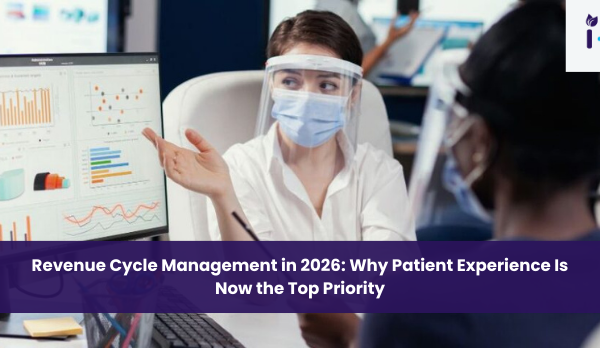As healthcare organizations increasingly turn to cloud computing for its scalability and accessibility, ensuring compliance with the Health Insurance Portability and Accountability Act (HIPAA) has become crucial. This edition explores how HIPAA-compliant cloud computing mitigates security risks and enhances data protection.
The Importance of HIPAA Compliance
HIPAA-compliant cloud computing significantly reduces security, privacy, and legal risks for healthcare providers. With the global healthcare cloud market projected to reach $120.6 billion by 2029, organizations are investing heavily in cloud services—averaging $9.5 million annually. However, the relationship between cloud computing and HIPAA compliance must be clearly understood to protect sensitive patient information effectively.
Cloud Security Measures
According to the National Institute of Standards and Technology (NIST), cloud computing is a flexible model for accessing computing resources via the internet. For cloud service providers (CSPs) acting as business associates, HIPAA requires implementing robust security measures to safeguard protected health information (PHI). This includes:
- Risk Mitigation: Evaluating and addressing unauthorized access risks.
- Privacy Rule Adherence: Complying with regulations governing PHI use and disclosure.
- Breach Notification: Timely reporting of any breaches involving unsecured PHI.
Establishing a Business Associate Agreement (BAA) between healthcare entities and CSPs is essential for defining responsibilities and ensuring compliance.
The Role of Business Associate Agreements (BAAs)
The Office for Civil Rights (OCR) emphasizes the critical nature of BAAs in protecting PHI. These agreements:
- Hold both parties contractually liable for HIPAA compliance.
- Clarify permitted uses and disclosures of PHI.
- Provide guidelines for breach notifications and security controls.
For instance, the OCR fined Oregon Health & Science University $2.7 million for failing to secure PHI with a BAA, highlighting the legal implications of non-compliance.
Addressing Cloud Security Risks
Despite having a BAA, healthcare organizations must remain vigilant against cloud security threats. The Cloud Security Alliance (CSA) identifies key risks such as misconfigurations and vulnerabilities in identity and access management. Proactive measures are essential for safeguarding data in the cloud and maintaining compliance.
Benefits for Revenue Cycle Management (RCM) Companies
For Revenue Cycle Management (RCM) companies like Allzone Management Services Inc., HIPAA-compliant cloud computing offers several advantages:
- Enhanced Security: Protects PHI from breaches and legal risks.
- Scalability: Allows for resource adjustments based on operational needs.
- Improved Accessibility: Facilitates remote work while maintaining compliance.
- Cost Efficiency: Reduces costs associated with physical data centers.
- Automated Disaster Recovery: Ensures data is protected and recoverable.
- Streamlined Claim Processing: Automates tasks, improving accuracy and efficiency.
Integrating HIPAA-compliant cloud computing not only strengthens security but also boosts operational efficiency, helping RCM companies enhance their services and competitive edge.
Conclusion
Incorporating HIPAA-compliant cloud computing is essential for healthcare organizations aiming to protect sensitive data and mitigate security risks. By understanding the regulatory requirements and implementing robust cloud strategies, organizations can navigate the complexities of data security in the digital age.
Thank you for your continued support. Stay tuned for more insights into healthcare technology and compliance.





